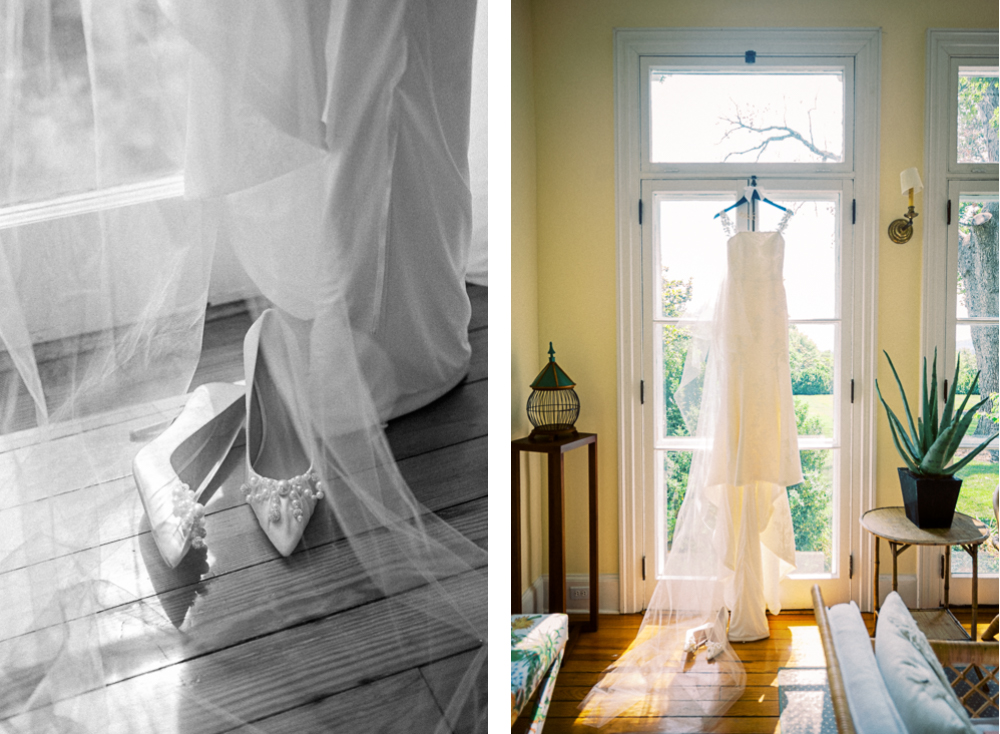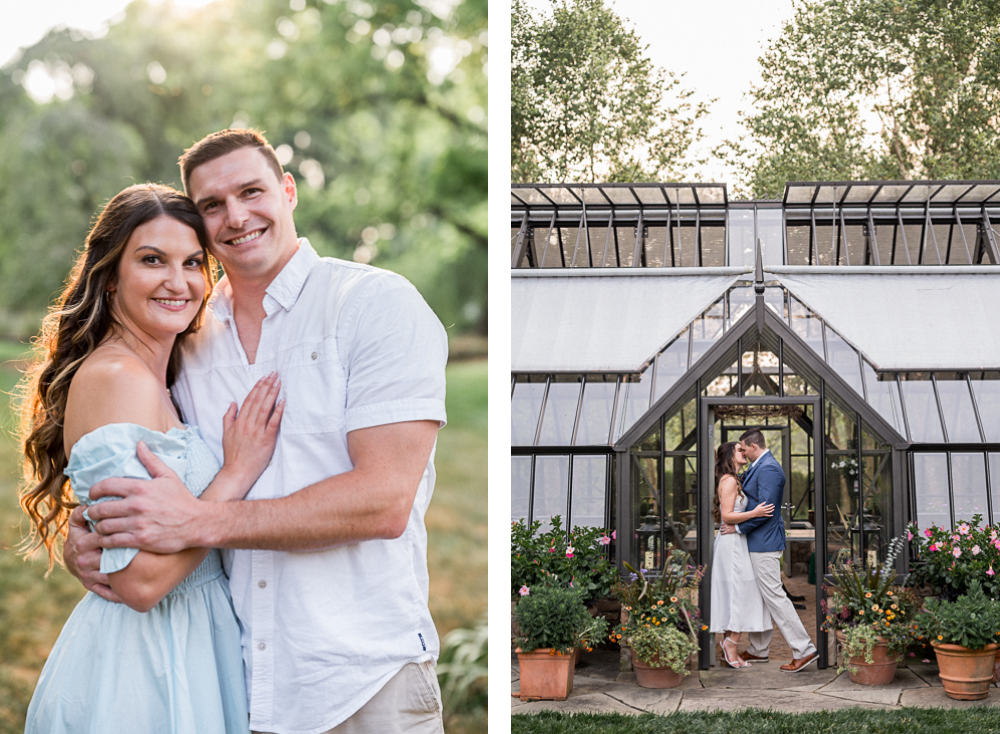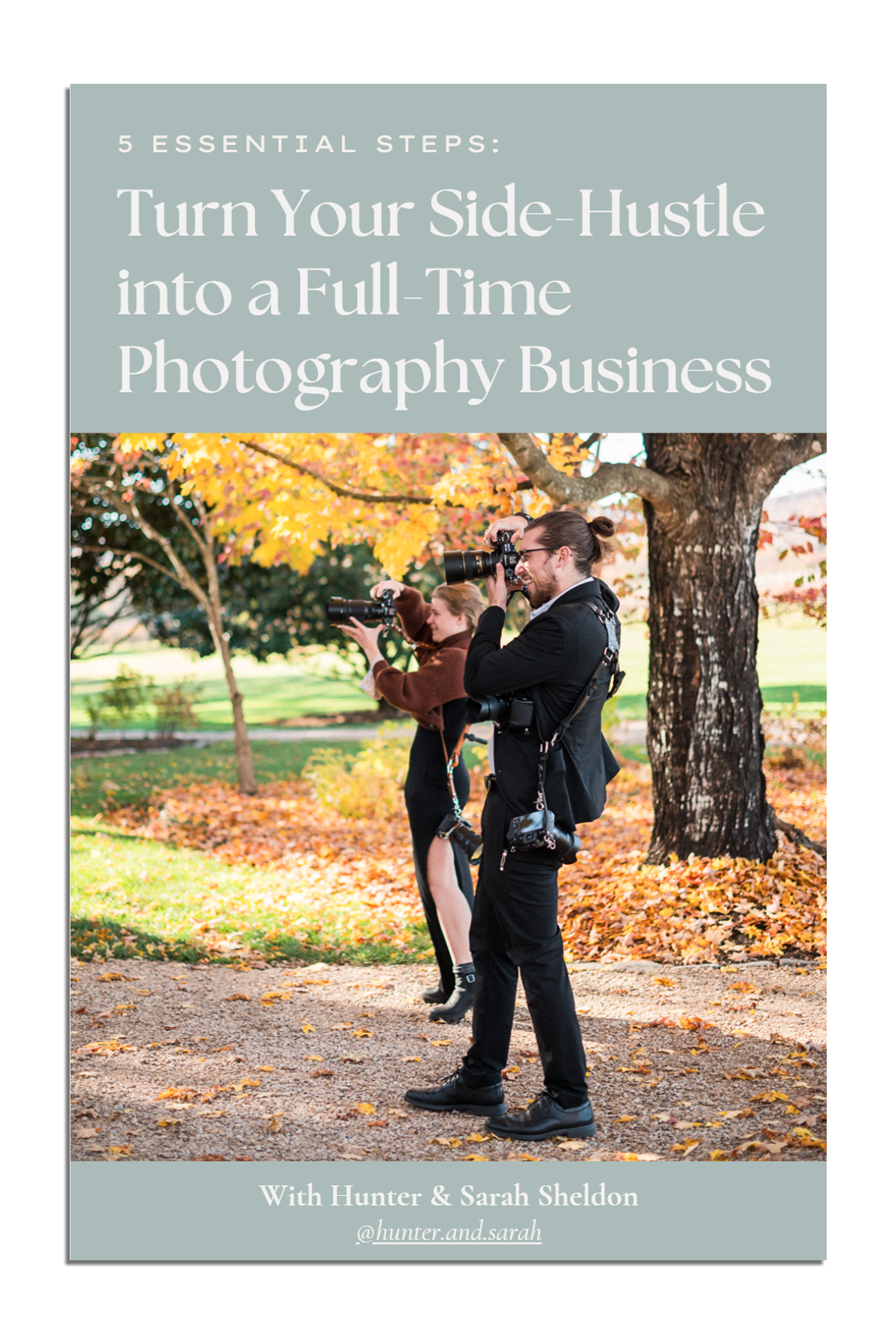VIEW BY CATEGORY:
Hi, we're Hunter and Sarah, a husband-and-wife, luxury wedding photography team. We’re also educators, helping other photographers build profitable and sustainable photography businesses.
MEET US
LOOKING FOR SOMETHING?

Why You Can’t Stop Procrastinating in Your Photography Business (And How to Actually Get Started)
October 5, 2023
Hey photographer friends! Welcome back to our Photography Blog, Mastering the Wedding Photography Biz with Hunter and Sarah! Last week, I (Hunter) watched a YouTube video that totally blew my mind. I’m not usually a big TedTalk or Ted-ED person. But when a video called, “Why you procrastinate even when it feels bad” popped up in my recommended feed, it piqued my curiosity. After watching it, I knew it would be so helpful to all my fellow photography business owners out there. So we put together this blog specifically to help our fellow entrepreneurs stop procrastinating!
Also, full-disclosure: we’re not going to pretend that we “discovered” some obscure video (with it’s 5.8 million views). 😂 But we are going to talk about it in the context of running your own wedding and portrait photography business!

Procrastination… We’ve ALL Been There
Procrastination is honestly just a part of the human experience. Anyone who says they’ve never procrastinated is certainly lying. But some of us just can’t seem to stop procrastinating! Or for some of us, certain tasks just never seem to get done. But why do we keep procrastinating, sometimes putting off really important tasks for days or even weeks? Especially when we know those tasks are important, and putting them off isn’t going to help us in the long-run?!
Well for starters, the author pointed out that you aren’t necessarily procrastinating every time you put something off. After all, responsible time management means putting some things off for later, and deciding what’s most important right now. When we’re in the middle of our busy fall wedding season, putting off our accounting isn’t procrastinating. When we have culling and editing coming out of our ears, and delivery deadlines approaching, putting off accounting is wise time-management!
On the other hand, the author pointed out that “Procrastination is when we avoid a task we said we would do for no good reason, despite expecting our behavior to bring negative consequences.”

Our Brains Are Working Against Us
Notice the key distinction in the video author’s definition. Procrastinating is putting things off, knowing that putting off that task will have negative consequences. So why do we do things that don’t make sense? After all, it’s irrational for us to do something we know will have negative consequences.
Here’s why: when we think about some big, difficult, or unknown task, our brains can perceive it as a threat. And when that happens, the “flight-fight-freeze” and the “there’s a saber-tooth tiger outside of my neolithic cave” parts of our brain take over. And when they do, they overpower the “long-term thinking” and “strategic high-level planning” parts of our brain. In other words, our lizard brain takes over, and we can do things that don’t make sense.
So, we decide to put off that stressful task, and do something else instead. We do something that’s less stressful! The prime example for me is checking my email when I know I should be editing huge collections of wedding photos. In case you don’t know, we get a little hit of endorphins each time we see our inbox get smaller by an email. Why am I doing this, even though I know those photos need to get edited? Because when I get stressed (even the micro-stress of editing photos when I don’t want to), the “do what I need to do right now in this moment to handle this threat” part of my brain is suddenly in the driver’s seat. Without realizing it, the long-term-planning part of my brain is tied up in the back-seat!

Why Can’t We Stop Procrastinating
The author pointed out that we’re most likely to procrastinate tasks that invoke negative feelings. In other words, if we know that a task is going to make us feel bad (dread, incompetence, insecurity, etc.), we’re more likely to put it off.
But hopefully you can see that this will just make that hard task even harder! If you don’t feel confident when it comes to posting to social media, your brain will see it as a threat. So it’ll seek immediate escape from that threat by finding something –anything — else to do. But each time we put it off, we perceive it as more stressful. That makes us more likely to put it off the next time we think about it! That’s called the “procrastination cycle”, and it’s the reason we end up only doing some tasks when we’re right up against a deadline.
But if the task that your procrastinating doesn’t have a deadline, this cycle could ensure that it never gets done. How many of us have a few items at the top of a to-do list that have been there for months or years? Haven’t you been meaning to update your portfolio? Didn’t you want to look into those Instagram Advertising campaigns? Weren’t you going to buy that workshop from your favorite educator and use those strategies to grow your business? This is why it’s literally life-or-death for solopreneurs to learn how to stop procrastinating. If you put off these important-but-not-urgent tasks forever, your business could stall out mid-flight.

It’s Not Just “Lazy” People Who Procrastinate
Very helpfully, the author also points out that — because procrastination is primarily driven by negative emotions — some people are more susceptible to it than others. If you have difficulty regulating your emotions or have low self-esteem, you’re actually more likely to procrastinate.
It turns out, procrastination actually has very little to do with a lack of time-management skills or how “lazy” a person is. In fact, chronic procrastinators are more likely to be perfectionists who put off starting a task because of a fear it won’t be perfect. Not because they’re too lazy to start it!
However, regardless of the reasoning behind the procrastination, it should be no surprise that the effects are usually the same. Chronic procrastinators are more likely to suffer from anxiety, depression, and chronically-high levels of stress. But because procrastination can temporarily relieves our stress, our brains still reinforce it as a coping mechanism. Once again: you can get stuck in the procrastination cycle.

Practical Tips to Stop Procrastinating
Contrary to what you might expect, if you want to stop procrastinating, it isn’t just about “being more disciplined” or having better time-management skills. Remember, procrastinators aren’t just lazy or bad at managing their time. Their brains are trying to avoid the stress associated with hard tasks! So here are a few ways to help you stop procrastinating:
-
- Go easy on yourself. If you’re too hard on yourself, you can layer additional negative emotions on already-challenging tasks. When you do that, your body perceives them as even bigger threats, making you more likely to put them off. If you give yourself more grace and go easy on yourself, it can help diffuse the negativity around even the hardest tasks. Self-compassion and forgiving yourself more easily will not only help you stop procrastinating, but will improve every area of your mental and emotional life!
- Break it down. Breaking a big task down into more manageable chunks is a great way to get over that initial hump and just START something. We especially recommend this to students who are working on big and unfamiliar projects, like a brand new website. When you see “make an entirely new website” on your to-do list, that can be incredibly intimidating. And now we know that intimidating = stress = procrastination! But “write 3-sentence blurb for About Me page” is something you can knock out in 15 minutes. And “find my 10 favorite wedding photos for Homepage scroll bar” doesn’t sound that scary, does it?

More Practical Tips to Stop Procrastinating
-
- Journal it out. Sometimes are stressors can be like the boogeyman. If we take the time to really stop and look critically at the underlying stress behind a hard task, we might find that nothing is really there. The next time you find yourself procrastinating, take 3 minutes to write down all the reason why a task is stressing you out. I bet you’ll find that at least some of the reasons are silly! “If I write this one blog post and it isn’t 100% perfect, my entire business will fail and no one will ever hire me and I’ll end up living in a van down by the river… Wait, THAT’S what’s stressing me out?! That’s ridiculous! It’s one blog post. Let’s knock this out.”
- Make a plan. There was a comment on the original YouTube video that has over 30,000 likes. The commenter said that when he wants to stop procrastinating a task, he tricks his own brain. He promises himself that he won’t actually work on the task today. But, he has to do ALL the prep work for it. So he gathers the necessary materials, opens the right tabs to the right pages, puts everything where it needs to be. Then, when tomorrow comes and he promised himself he’d start, the task suddenly feels way smaller and more manageable, because everything he needs has been laid out before him! Thanks Joey199412!
- Remove Nearby Distractions. What’s your go-to procrastination move? Is it scrolling social media, playing video games, or doing chores that don’t really need to be done? Whatever it is, if you find yourself really dreading a task, create an environment where it’s more difficult to impulsively procrastinate. A few times, I’ve forced myself to work at a coffee shop and sit at a table facing the wall. That way, everyone who walked into the coffee shop could see my laptop screen. I knew I would feel very self-conscious if I was just scrolling through social media or reading the news! I’ve even gone to a nearby lunch spot that doesn’t have WiFi, specifically to help when writing or editing or doing other tasks that don’t require internet.

Want More?
Want more great content for photographers? Click HERE to get your free copy of our eBook! “5 Essential Tips for Turning your Side-Hustle into a Full-Time Photography Business.” You’ll also be subscribed to our newsletter, so our newest content, weekly encouragement, and exclusive offers will be delivered right to your inbox!

Filed in:
Wedding Photography & Photography Education
Charlottesville, Virginia and Beyond
HOME
ABOUT US
WEDDINGS
JOURNAL
FOR PHOTOGRAPHERS
PRESS & PRAISE
BLOG
CONTACT
e. hunter@hunterandsarahphotography.com
p. (434) 260-0902
